7 habits that can cause you problems around the world
Categories: Asia | Culture | Europe | Food and Drinks | Habit | Life hacks | Lifestyle | Nations | People | Society | Tradition | Travel | World
By Vika https://pictolic.com/article/7-habits-that-can-cause-you-problems-around-the-world.htmlIn Spain, not kissing someone on the cheek when you first meet is considered rude. This is an example of cultural etiquette, codes of conduct that change from country to country. Culture shock can happen in some places, but we can always adjust to the manner of the locals so we don't look rude or annoying.
Pictolic has listed a few surprising rules to follow around the world if you don't want to run into trouble.
7 PHOTOS
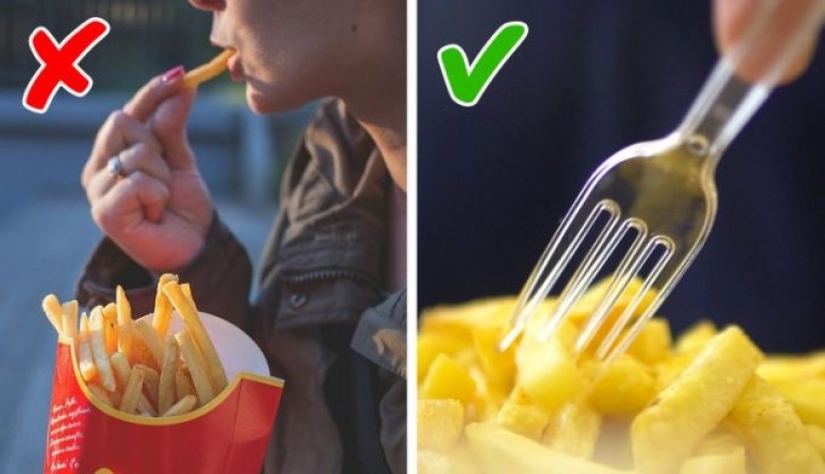
1. Eat with your hands in chili.
In Chile, it is better to eat without touching the food. Chileans find it frustrating to use their hands to eat anything, even snacks like fries. This is why they always have a knife and fork ready for every meal.
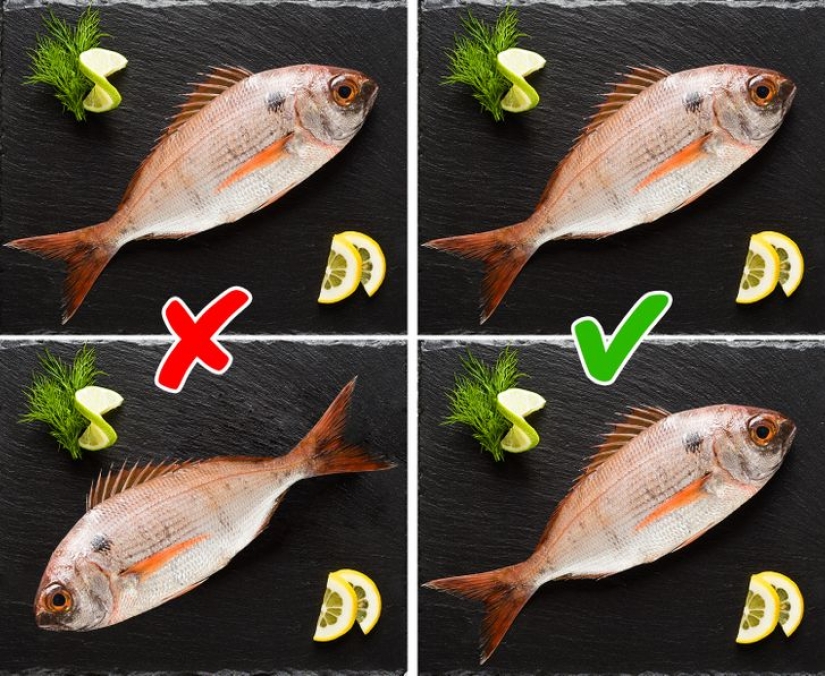
2. Turning fish in parts of China.
It is very traditional for the Chinese to serve whole fish as a dish (on a plate). But keep in mind that in some parts of this country you have to eat it the way it is served. Fish flipping is considered a failure and involves the fishing boat capsizing.

3. Asking for more cheese for pizza in Italy.
Italy is known for its exquisite and delicious cuisine. There, it is considered rude to ask for something that is not already in the dish being served. So if you want to add some Parmesan to your pizza but don't want to displease the waiters, it's best to do it when they are not watching.
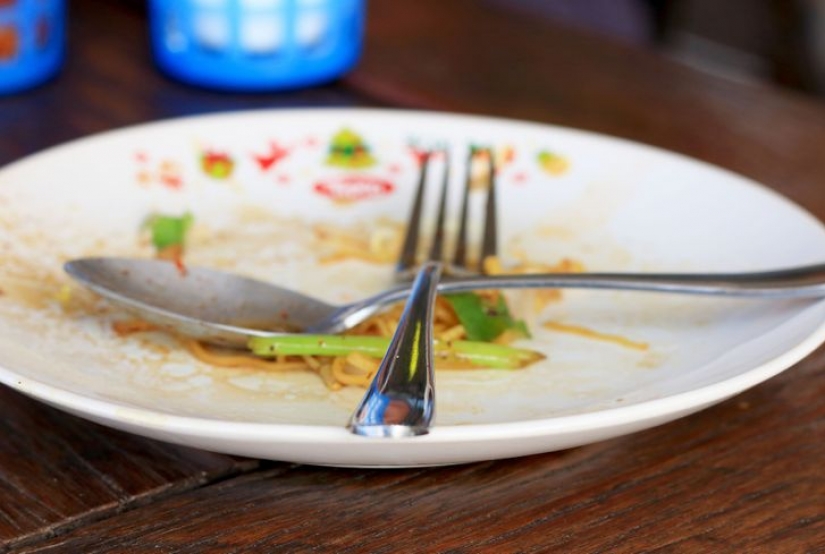
4. Eat whatever is on your plate in China.
In China, it has long been considered rude to eat whatever is on the plate. This is a sign that the host hasn't offered you enough food. But that custom has changed with the emergence of movements like Operation Empty Plate, which aims to reduce food waste.
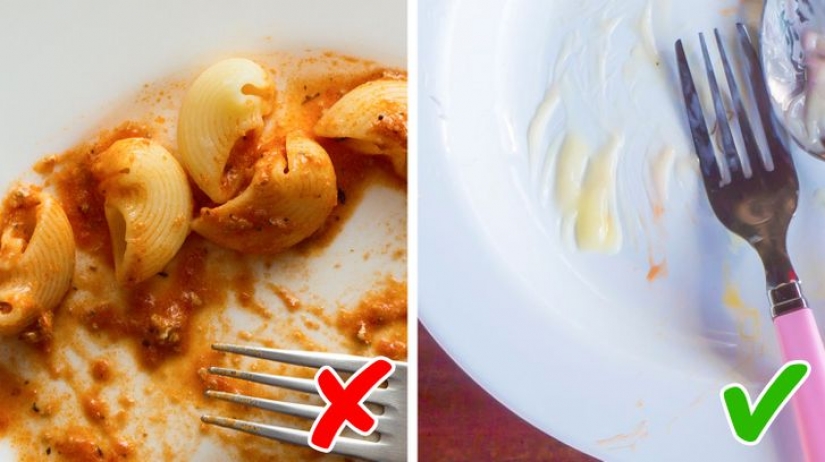
5. Don't eat all food on a plate in India.
Unlike what we discussed earlier about the usual Chinese rule, in India it is polite to finish all food. You are expected to eat whatever is on your plate as a sign of respect for food that is considered sacred.

6. Nodding in Bulgaria.
In Bulgaria, nodding is slightly different: bobbing your head left and right actually means yes, and bobbing your head up and down means no. You'd better be careful when answering the question non-verbally. For security reasons, you can use the words "yes" and "not", which means "no".
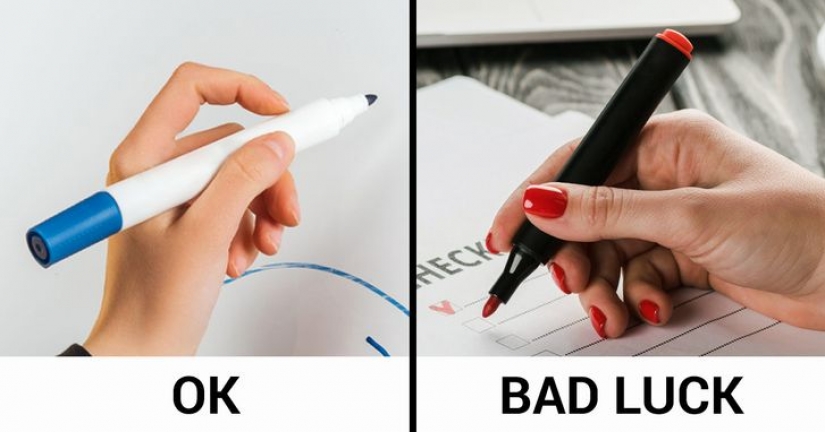
7. Spelling the name in red in South Korea.
In South Korea, red means death, so it is commonly used to mark the deceased. It is believed that if you write the name of a living person in red, it will bring misfortune. Because of this, be sure to always take a blue or black pen with you.
Keywords: Spain | World | Country | City | Tradition | Culture | Etiquette | Communication | Society | People | Habits | Activity | Problem | Misunderstanding | Information | China | Asia | Europe | America | Lifestyle | Food and drinks | Food | Restaurant | Nations | Lifehack | Travel
Post News ArticleRecent articles

It's high time to admit that this whole hipster idea has gone too far. The concept has become so popular that even restaurants have ...

There is a perception that people only use 10% of their brain potential. But the heroes of our review, apparently, found a way to ...
Related articles

Have you heard of such a phenomenon as the doorway effect? Let's put it simply: have you ever walked into a room and immediately ...

Walking through this picturesque bridges, you can admire the views from these stunning views and breathtaking landscapes. We invite ...

Not all the house where they filmed the cult movies and TV shows, become "house-museums". Many of them are then sold as the ...

New Year's is a time to surprise and delight loved ones not only with gifts but also with a unique presentation of the holiday ...